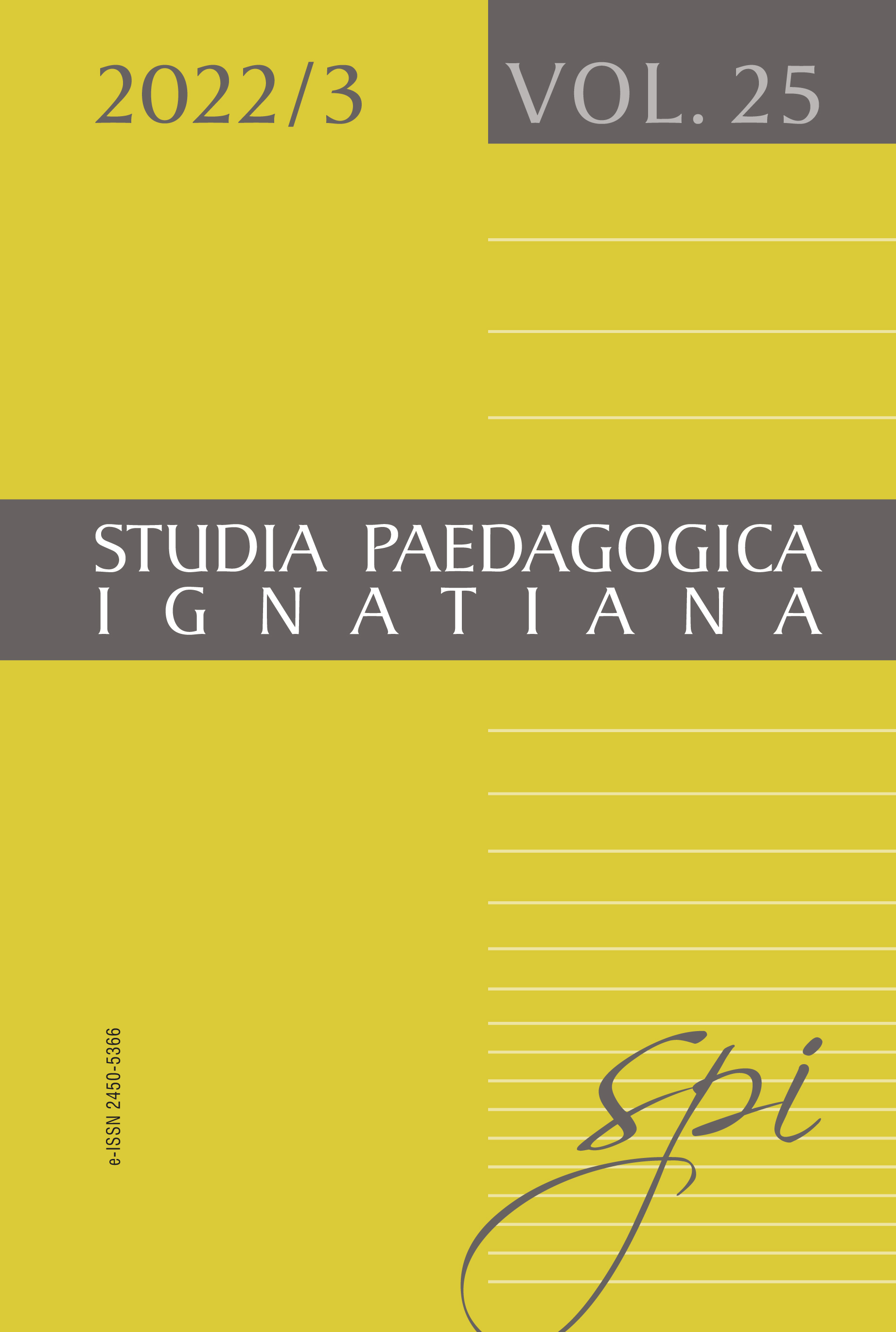Narrative Structures in Education from Ethical Perspective
Narrative Structures in Education from Ethical Perspective
Author(s): Maciej JemiołSubject(s): Education, Ethics / Practical Philosophy
Published by: Uniwersytet Ignatianum w Krakowie
Keywords: narration; narratives; education; ethics;
Summary/Abstract: The aim of this paper is to reflect on how the many ethical problems concerning education relate to narrative structures that can be found in the process of education. This considerations, rooted in the works of Michael Oakeshott, Erik H. Erikson, Richard Pring and Arthur C. Danto, among others, refer in the first place to three kinds of narratives: instrumental ones, objective ones and subjective ones. Instrumental narratives, which are the ones that are used by the teachers in didactic processes (e.g. fables, anecdotes), are here discussed in the context of the problem of representation of marginalized groups in the schooling system. Objective narratives, the ones that are about the outside world and its social institutions, are here related to the moral rule of Erikson, which is that one should do to another what will advance the other’s growth even as it advances one’s own. Subjective narrations, the ones that the teachers as well as learners tell to themselves, are here shown in combination with the need for moral education of the youth. In all of these examples we see the perspective of narrative structures as good formal point of reference for the discussion of the moral problems of education.
Journal: Studia Paedagogica Ignatiana
- Issue Year: 25/2022
- Issue No: 3
- Page Range: 105-126
- Page Count: 22
- Language: English

